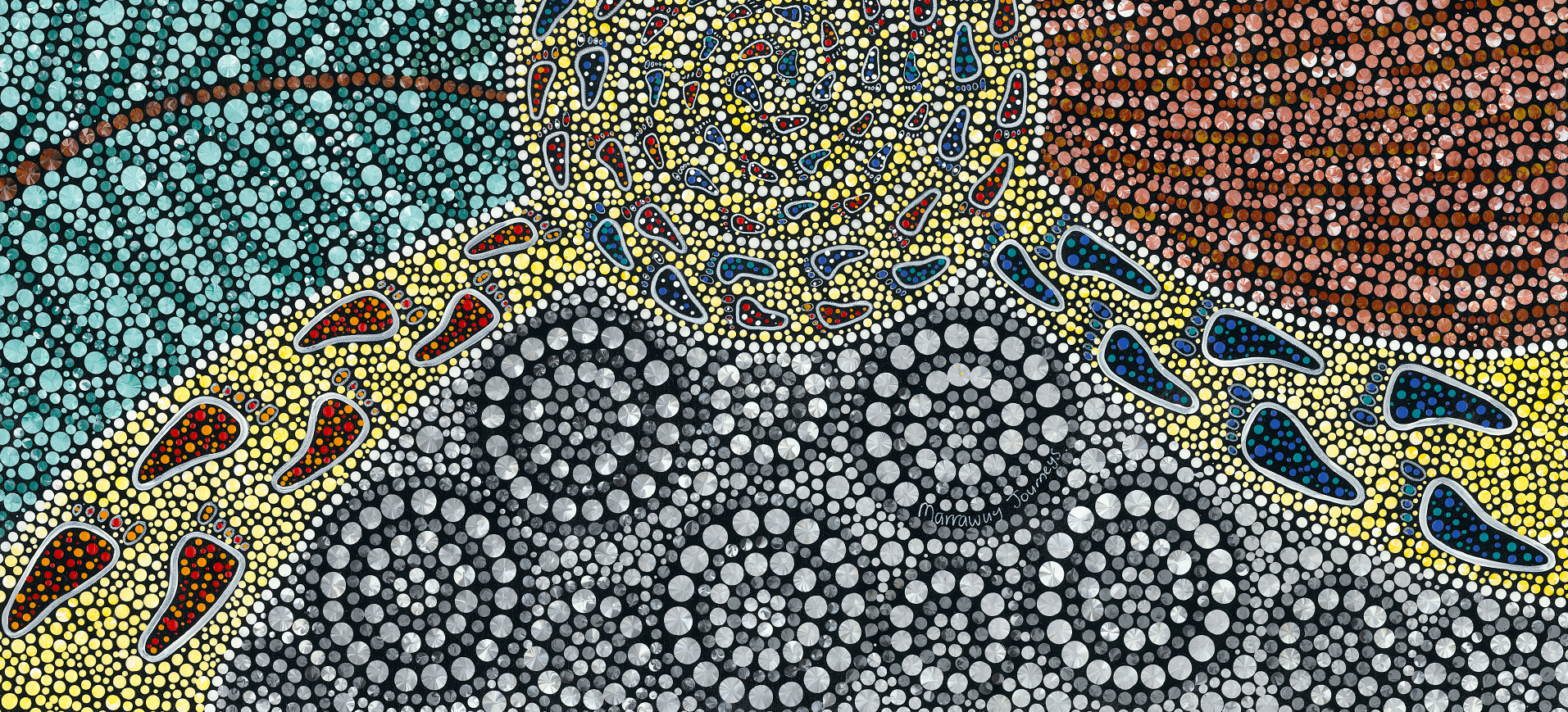The AMC’s Aboriginal and/or Torres Strait Islander and Māori Committee
In 2019, the AMC’s Aboriginal and/or Torres Strait Islander and Māori Committee (the Committee) was established as a Constituted Standing Committee to provide leadership and guidance for the AMC – an Indigenous Voice to the breadth of the AMC’s work, with the Chair of the Committee becoming a Director of the AMC.
Professor Shaun Ewen is the current Committee Chair and has a strong history with the AMC, serving on its Medical Education Standards Accreditation Committee (2015-19) and medical school accreditation teams.
Professor Ewen also served as a member on the Aboriginal and/or Torres Strait Islander and Māori Strategy Committee, the predecessor to the current Standing Committee.
The primary purpose of the Committee is to ensure all matters of interest and responsibility of the AMC are strengthened by ensuring they are responsive to the needs and rights of Aboriginal and/or Torres Strait Islander and Māori Peoples and communities.
It achieves this by including Aboriginal and/or Torres Strait Islander and Māori Peoples in assessment, accreditation and strategic initiatives, from both historic and contemporary lenses, including the ongoing effects of colonisation and current inequalities, using communication and consultation practices that honour the cultural practices of Aboriginal and/or Torres Strait Islander and Māori communities.
Membership of the Committee includes:
- AMC Directors,
- Aboriginal and/or Torres Strait Islander or Māori persons who are members of other AMC Committees,
- Aboriginal and/or Torres Strait Islander or Māori community members,
- A Representative of the Australian Indigenous Doctors’ Association,
- A Representative of the Leaders in Indigenous Medical Education Network,
- A Representative of the National Aboriginal Community Controlled Health Organisation, and
- A Representative of the Te Ohu Rata o Aotearoa Māori Medical Practitioners Association.
The Aboriginal and/or Torres Strait Islander and Māori Committee is supported by the Indigenous Policy and Programs section of the AMC, who also support the other business units of the AMC to ensure that Aboriginal and/or Torres Strait Islander and Māori Peoples are considered and included in all of the AMC’s work in an inclusive, culturally safe, and appropriate way.
The IPP team consults on projects for other AMC business units and facilitates the use of Indigenous business practices and consultations with and for Indigenous Peoples.
